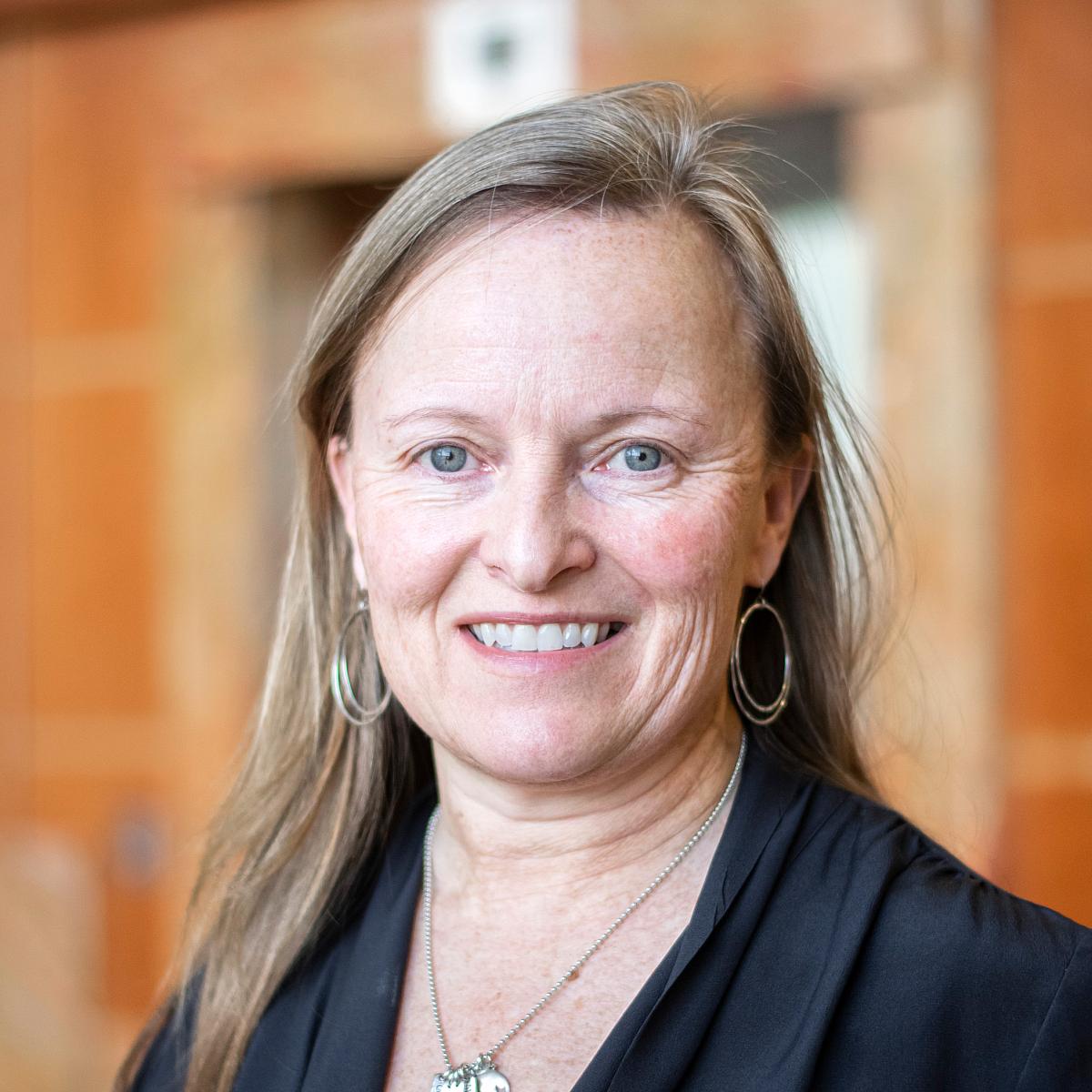
Gastrointestinal Cancers Center
The Gastrointestinal (GI) Cancers Center includes polyps that begin in the colon or the rectum. Members of the GI Cancers Center do research to better understand how to prevent and treat GI cancers. The center has four broad goals:
- Find defective cell functions that lead to GI cancers
- Develop new treatments for patients with advanced colorectal cancer
- Learn inherited risk factors that lead to these cancers
- Develop animal models of GI cancers
A Sample of Current Projects
Improving health after a diagnosis of colon and rectal cancer
ColoCare is a research study of patients newly diagnosed with colon or rectal cancer. The study takes place at Huntsman Cancer Institute and other top US and international research institutions. These are our goals:
- Find out how to best treat this disease in the future by tailoring therapies to each patient’s unique biology
- Learn what colorectal cancer patients can do to improve their health
Creating clinical trials for patients with advanced colorectal cancer
A clinical trial tests how a drug called MEK162 works together with standard chemotherapy to block molecules from signaling a cancer-causing pathway created by the gene mutation KRAS. Nearly 40 percent of patients with advanced colorectal cancer have tumors that contain this mutation.
Prevention among people with inherited disorders that increase risk of colorectal cancer
Some genetic mutations can increase a person’s risk for developing cancer tremendously. In cases of familial adenomatous polyps, hundreds of polyps that can develop into cancer can occur in a patient’s gut. At Huntsman Cancer Institute, we perform cutting-edge research to identify new ways to prevent cancer in these individuals.
Studying the success and appropriate target group of people for colonoscopy screening
The GI Cancers Center uses a unique resource, the Utah Population Database, to study colonoscopy in 8 million individuals. Researchers discovered that one’s family history can be key to appropriately target the frequency and age of colonoscopy screening.
Supporting and educating patients
When people discover they, or members of their family, are at increased risk of developing cancer, that knowledge can be devastating. The GI Cancers Center focuses on providing patient-friendly education and support that will empower people to manage their health. In collaboration with Huntsman Cancer Foundation, the GI Cancers Center will initiate a colorectal cancer educational event to kick off a year-long program of group meetings for these patients and their family members.
